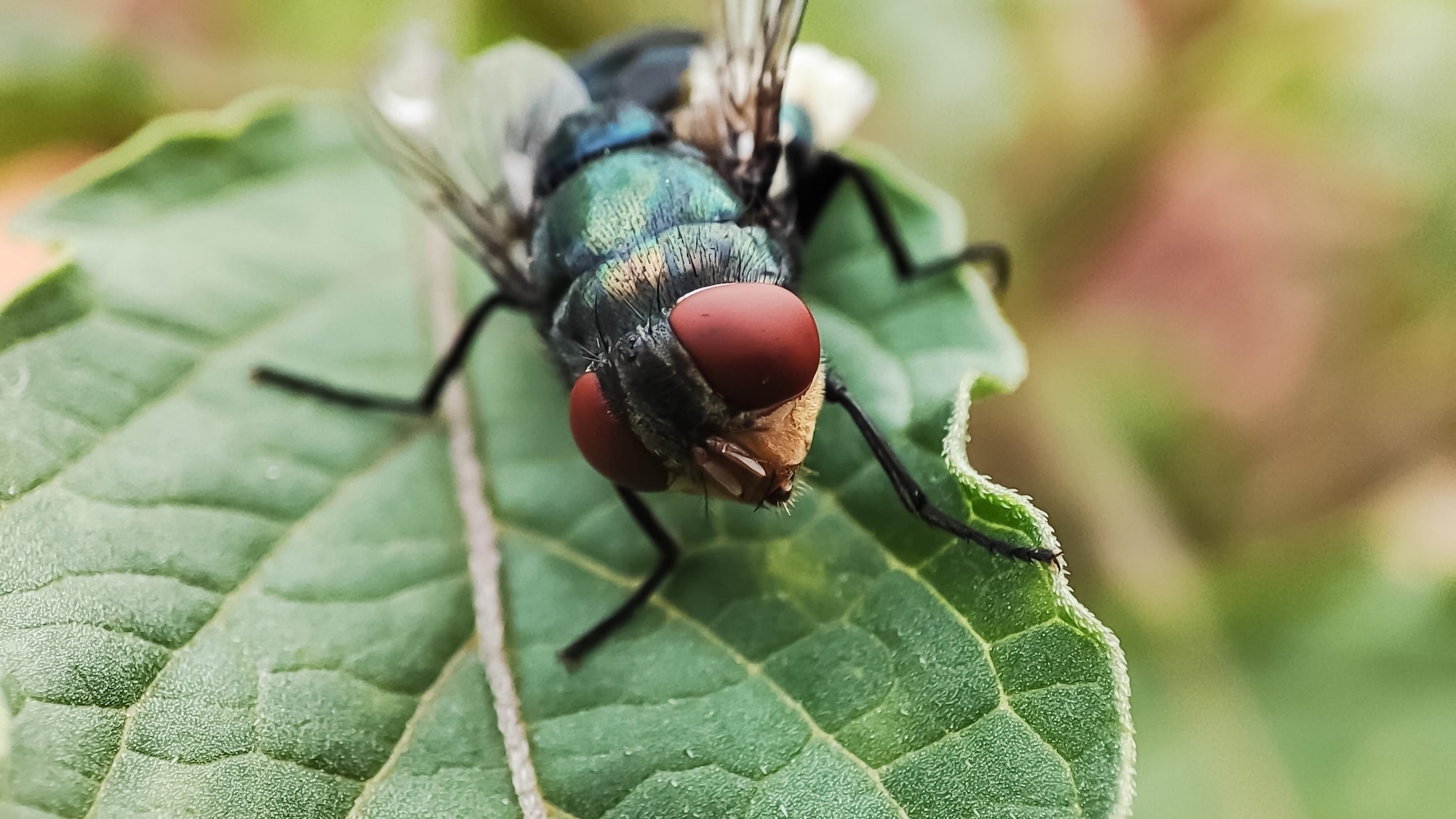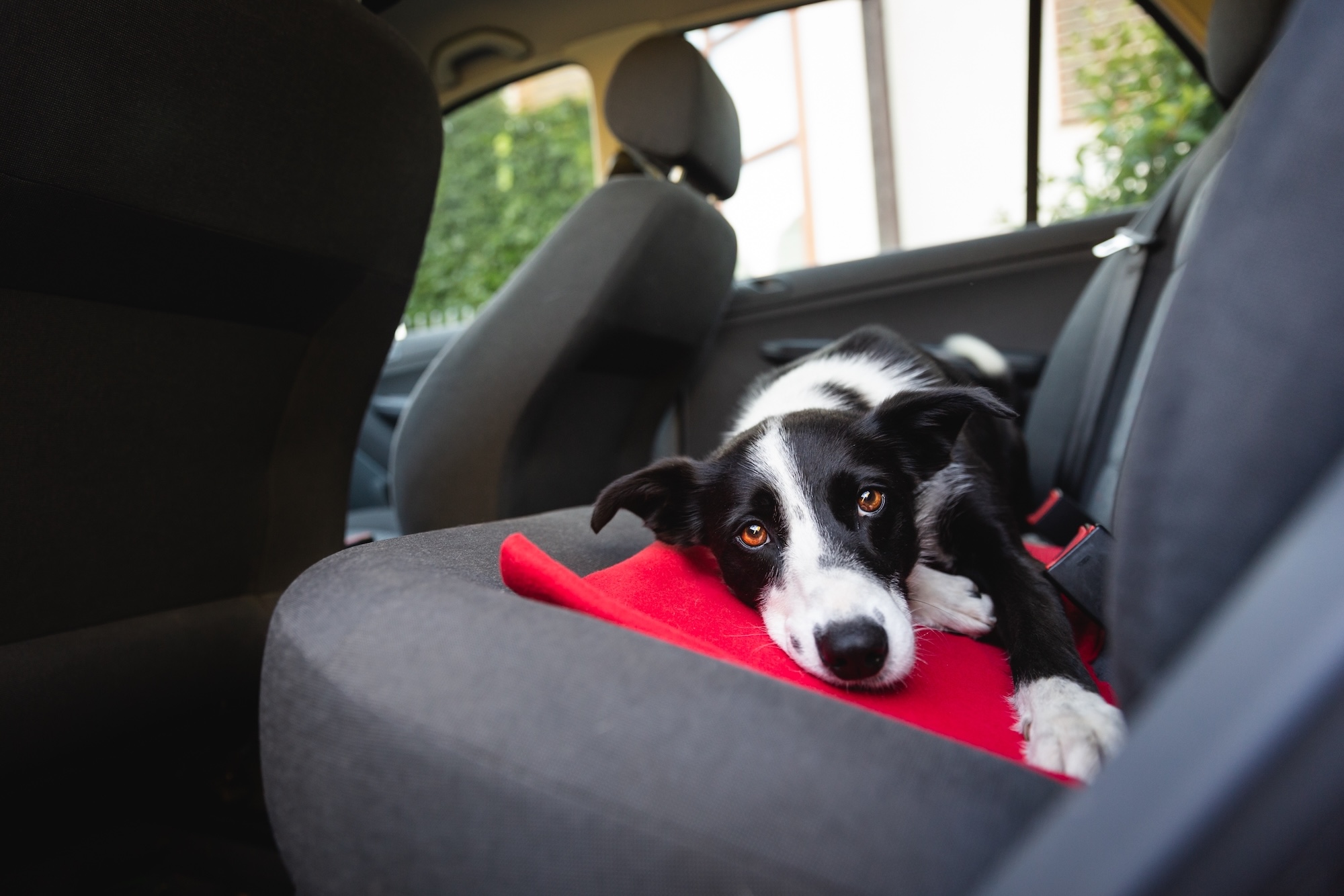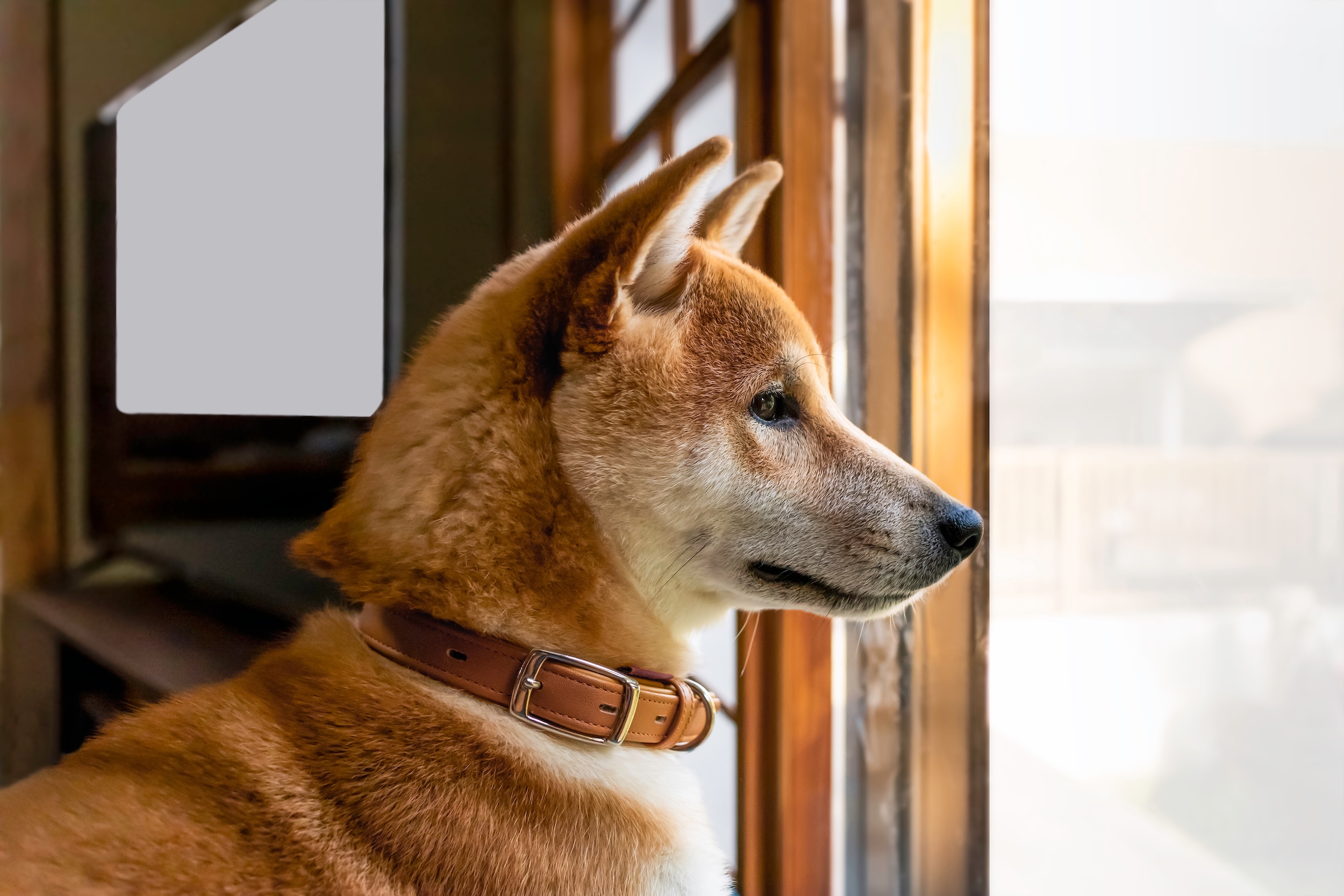Looking at your puppy’s disproportionately large paws, you likely suspect that they’ll someday be much larger than they are right now. But how much bigger? And when will they be done growing?
Puppies mature at different rates
When your dog will finish growing depends in part on how big they’ll eventually get. Tiny dogs—those who will be ten pounds or less when they’re adults—can reach their maximum size in as little as nine months, and certainly by one year old. Giant-breed dogs who are expected to reach 100 pounds or more, on the other hand, could take as long as two years. Other dogs fall in between.
If you know your puppy’s breed or family history, you may be able to more reliably guess when they’ll be fully grown. If you’ve adopted a mixed-breed dog and aren’t sure who their parents are, the task may be a bit trickier. But a knowledgeable veterinarian may still be able to point you in the right direction based on how they look at their current age.
Talk to your vet about when you can expect your pup to reach their full size, as that knowledge can impact how you feed and exercise them.
Go easy on a puppy’s exercise until their growth plates close
Dogs will keep growing until their growth plates—soft areas in the long bones of their limbs—close and become solid bone. Until then, the bones will keep getting longer. It’s dangerous to fully exercise your dog before then. Growing puppies shouldn’t undergo prolonged exercise, because it could damage their growth plates and cause them joint problems later in life.
Puppies are very energetic, and you’ll have to regulate the amount of exercise you give yours—they are unlikely to know when to say when. Every dog is different—but a guideline you’ll often hear from vets is to give a puppy only up to five minutes of exercise, twice a day, for every month of their age, until they reach full size. Talk to your vet about what’s best for your specific dog, as this can vary by breed, size, and health.
Talk to your vet about the best time to spay or neuter a puppy
The timing of a planned spay or neuter surgery depends on many factors, but as a general rule more vets will advise waiting longer to do so in larger breeds, who take more time to reach full size. Your best bet here is to consult with your veterinary healthcare team and figure out what will work for your dog.
Feed your dog right so that they can grow up healthy
Growing puppies need complete, balanced food that’s appropriate for their life stage. We are, of course, partial to our own fresh, gently cooked recipes, which provide the right proportions of vitamins, minerals, and healthy fats puppies require to grow into healthy adult dogs—all minimally processed to encourage maximum digestibility. We also pre-portion our food so that you can feed your puppy exactly the right amount, adjusting the plan as they grow.
This article was vetted by a vet.
Reviewed by Alex Schechter, DVM, founding veterinarian at Burrwood Veterinary.




